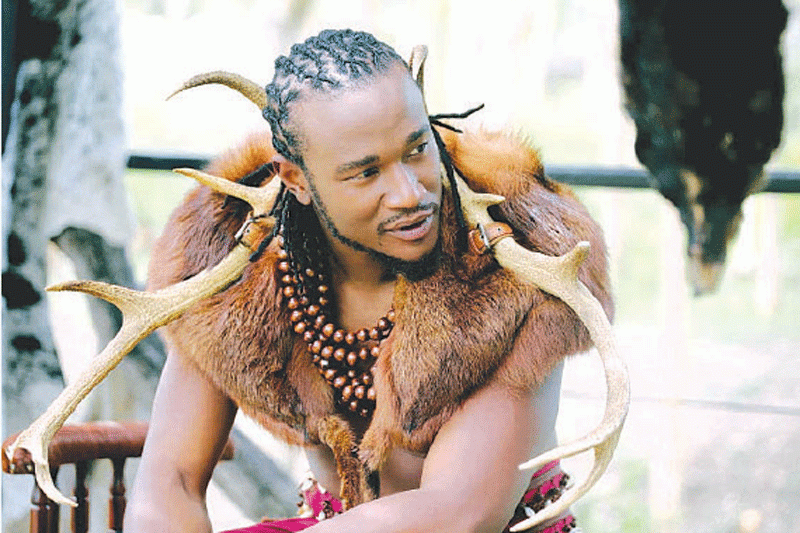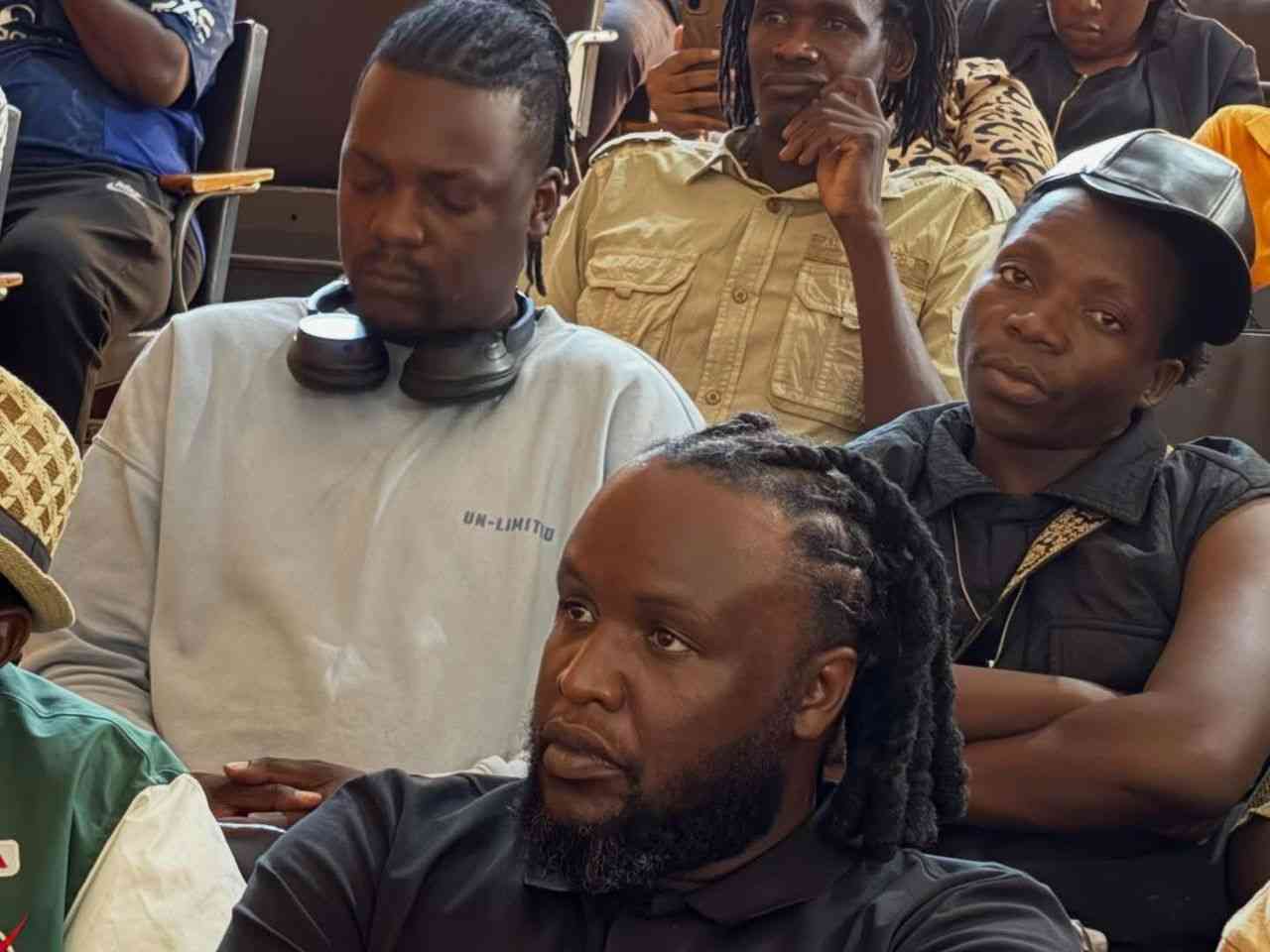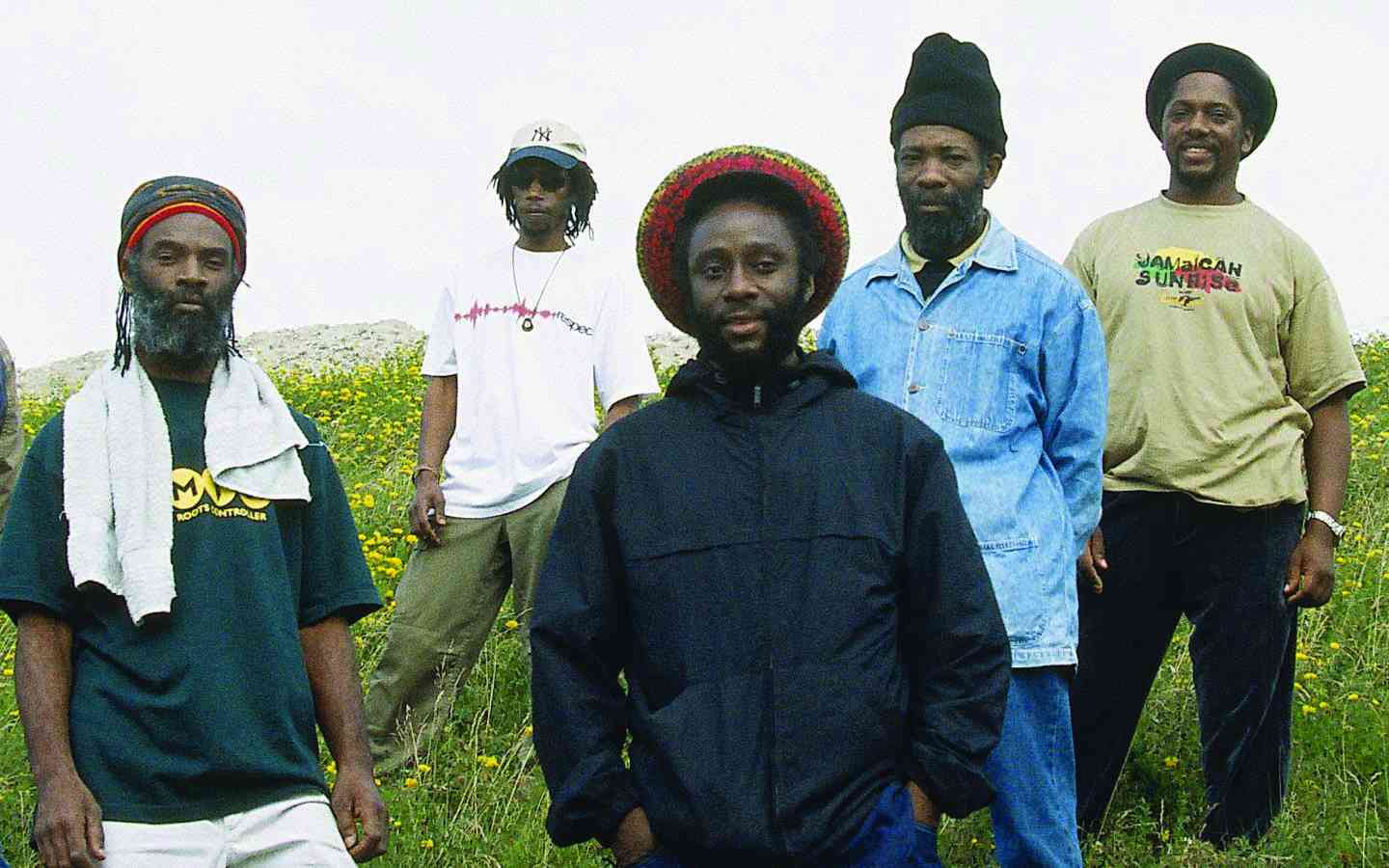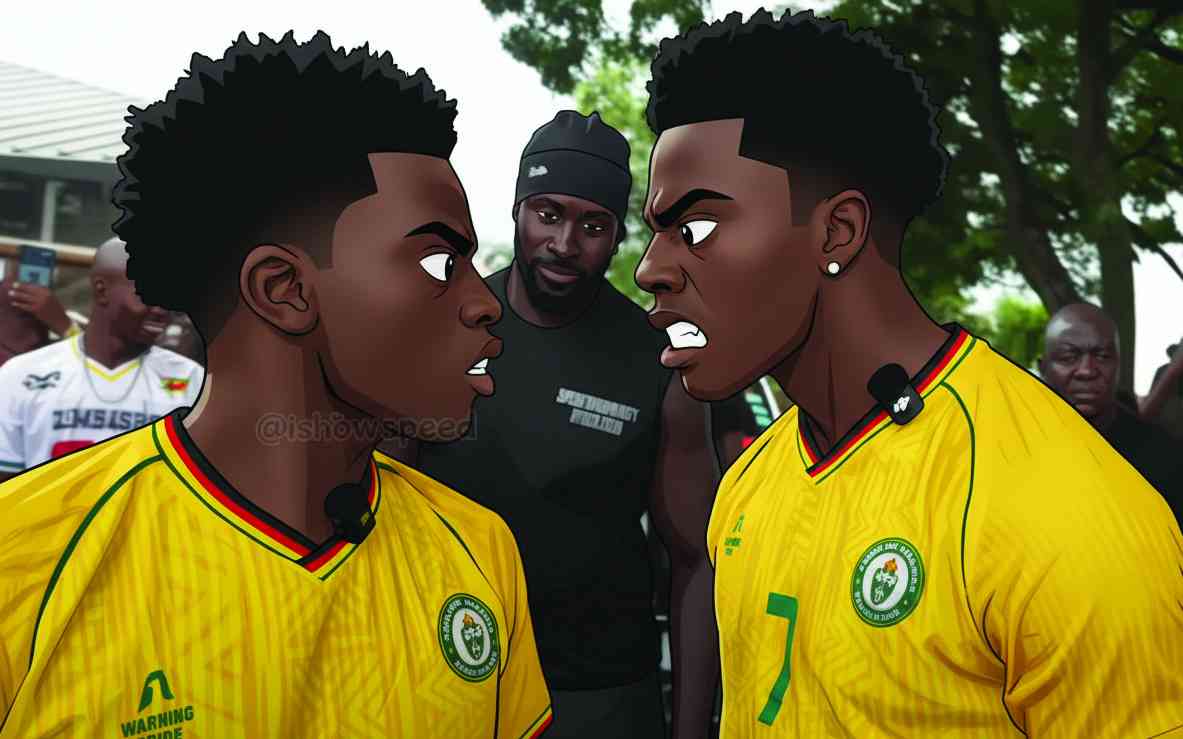
I hold the view that preserving and making a culture is necessary for any normal and respectable society. However, there are some basic principles and values that those who belong to that society must apply. One key principle is to recognise own culture and official languages as identity of your country.
My reasoning is based on the fact that; language carries many elements of culture of one community or a nation. Most importantly, traditional and political leadership should make an influential advocacy to the use of indigenous languages as official languages that reveal the identities, virtues, cultural values, and historical context of their people.
Having said that, I argue that musicians should be true ambassadors of this call, that is, to promote the use of indigenous culture and languages both locally and abroad.
Coming closer home, Zimbabwean music since time immemorial is known to be heavily reliant on the use of traditional instruments such as the mbira, ngoma drums and hosho.
This music represents much more than a simple rhythm, as the traditional and contemporary styled music was used as a symbol of hope for Zimbabweans looking to gain independence from the then Rhodesia administration.
Historically, Zimbabwean music has played a significant role in the liberation struggle of Zimbabwe. That way our music is very important to us as Zimbabweans.
Empirical evidence reflects that Zimbabwe traditional music played a dynamic role in the traditional ceremonies which were also believed to call on ancestral spirits to descend for help during the struggle for independence.
The society of Zimbabwe further used music to air their resistance to the oppression from the former colonial masters. Ideally, traditional music was one of the weapons our ancestors had available to fight the oppression.
- Music as vehicle of cultural exchange
- Winky D continues with regional dominance
- Ugly scenes mar Jah Prayzah’s set at Purple Fest
- Jah Prayzah opens on Gweru’s no-show
Keep Reading
Around the 1980's, the music of Zimbabwe was at the centre of the African music scene. Credit goes to the genres such as mbira, sungura and jiti.
People across the continent and even the globe would then come or invite the local musicians to associate with the type of the music that reflects the Zimbabwean culture and languages.
I further posit that, our music was and is still admired as it is, reflecting our true tradition, culture, language and day to day symbol love and unity to within and outside world.
It is a fact that, music connects one individual to their own true identity. It helps one to feel united with their culture and foster that feeling of belonging. In simple terms, music overally helps us find our true identity.
As the children grow older they try to figure out where they come from and who they want to be. Music in most cases comes in to help with answers through the voice languages and videos.
Finding oneself is an important part of one’s identity. It also brings one together with other people and means more than just someone singing words. Music connects with you, and overall helps you find yourself, and find people that are similar to you which is important to have people you can relate to through the lyrics in your own indigenous language, dances and or videos.
From this conversation one can feel that music has the power to influence how people behave. It can evoke certain moods, feelings, and states of mind in people.
Music contains a universal language that can connect people to their past and spread messages. Zimbabwean people are very happy people by nature, their smiles and friendliness are commented on by many travellers - music plays a big part in forming these happy and friendly characters attract people across the world to visit Zimbabwe.
I personally grew up knowing that the lyrics and videos of Zimbabwean musicians contained mostly encouragement of upholding good social values in the family and society as a whole, although some lyrics are about love and grief.
With that regards, musicians symbolises diplomats. By all standards, diplomats are distinguished individuals who represent the country to the outside world, and they are supposed to do so with dignity and honour.
They are supposed to be above reproach and reflect a true picture of their native countries. Musicians represent the country to the outside world.
These days I wonder if our current crop of musicians is bringing honour or shame to the country? Some videos from our current musicians notably Jah Prayzah videos: - Ticheneke and Dzamutsana, to mention but a few, does not reflect the true values and traditions of Zimbabwe.
In this example, to me, the musician failed the ambassadorial role integrity test. In my opinion, one should be able to associate the characters used in the video to the day to day lives of Zimbabweans.
In this case, I strongly believe Jah Prayzah misrepresented the cultural values of Zimbabwe to the world. The moment people across the world are told Jah Prayzah is from Zimbabwe they are quick to conclude the characters in that video represents the Zimbabwean people and society.
I, therefore, do challenge my fellow countryman for patriotism. He may be seeking foreign market but selling our true culture and indigenous languages may as well capture multitude internationally.
There are people out there yearning to learn and understand the Zimbabwean culture therefore he must not think using other people’s culture may earn him bigger audience internationally. Let us be proud of who we are and where we are from for the benefit of our children, grandchildren or rather heritage.
I do not have any personal vendetta with Mukudzeyi, but I have just used him as an example given that he is such an influential musician to our young generation. In fact, I am one of the greatest fan of JP and he even shares the same name with my son.
l This perspective is a general overview of our Zimbabwe music in general and I am an advocate of the cultural heritage of the motherland Zimbabwe. Let us be proud of our culture and together we make it great. Adieu!!!! [email protected] +263 772 702 361. The article reflects my personal opinion as an advocate of cultural values.










